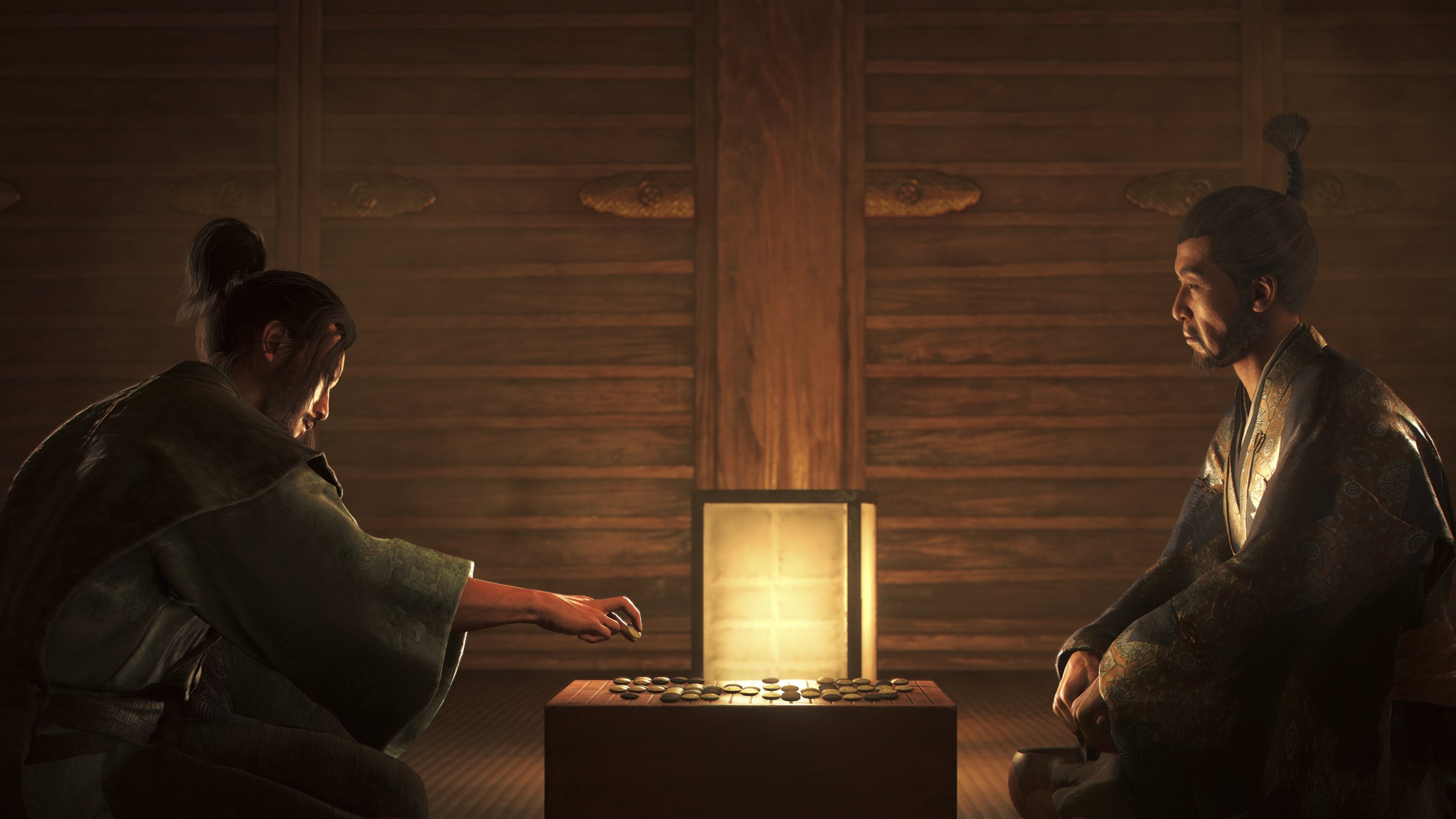© Turkuvaz Haberleşme ve Yayıncılık 2026
Shares in video game maker Ubisoft dropped sharply on Thursday, a day after the French giant guided for this year's cash generation to remain negative, while expecting its operating income to come in at a breakeven, pointing to an ongoing struggle for the company.
The video developer, which is behind the Assassin's Creed franchise, reported on Wednesday a 20.5% drop in its full-year 2024-2025 net bookings due to delayed releases and the underperformance of some of its leading titles.
Its shares were down about 20.5% by 7:20 a.m. GMT at 9:28 euros ($10.39), heading for their biggest single-day drop in more than 11 years.
Even a bumper release for the latest Assassin's Creed instalment did not save Ubisoft from falling back into the red in its 2024-25 financial year, the company said on Wednesday.
The company had won through to profitability in 2023-24 after a near half-billion-euro loss in the previous period.
But a string of disappointing releases undermined this year's performance, with a net loss of 159 million euros on revenues of 1.9 billion euros, down 17.5% year-on-year.
Over the past 12 months, Ubisoft's would-be blockbuster "Star Wars Outlaws" fell short of sales expectations on release, while it cancelled multiplayer first-person shooter XDefiant for lack of players.
"This year has been a challenging one for Ubisoft, with mixed dynamics across our portfolio, amid intense industry competition," chief executive Yves Guillemot said in a statement.
Ubisoft's preferred performance indicator, so-called "net bookings" – which excludes some deferred revenues – also fell by more than 20% year-on-year, to 1.8 billion euros.
The group expects the measure to hold steady in the coming 2025-26 financial year, during which it will release a new Prince of Persia game, strategy title Anno 117: Pax Romana, and mobile versions of shooters Rainbow Six and The Division.
Disappointing shipments have been matched by a tumbling stock price.
But in recent weeks, the publisher's biggest money-spinner has been as dependable as ever, with Assassin's Creed Shadows winning over 3 million players with its story of medieval Japanese intrigue since its March 20 release.

Shadows swiftly rose to become the second-best-selling game of the year so far in the United States, according to data from consultancy Circana.
Moving to address its business woes, Ubisoft said in late March that it would create a new subsidiary to manage its three top franchises: Assassin's Creed, Far Cry and Rainbow Six. Guillemot has said that around 3,000 of the group's 17,000 employees worldwide will work in the new unit.
It will not own the games' brands, instead paying royalties to the parent company to use them.
The subsidiary has been valued at more than four billion euros, or twice Ubisoft's current market capitalization, after Chinese tech giant Tencent agreed to invest 1.16 billion euros in exchange for a stake of around 25%.
Spinning off the biggest-selling games "was the least committal of the available options without simply returning to shareholders empty-handed," said Martin Szumski, an analyst at Morningstar, ahead of the earnings report.
One activist fund with a minority stake in Ubisoft had tried to rally other investors to demand a change of course.
Leaving investors "underwhelmed," according to Szumski, the subsidiary plan has not kept the mothership's stock from eroding further in value, hit in part by fears over U.S. tariffs.
Since January, the shares have lost more than 12%, touching their lowest price in over a decade in April.
Ubisoft has promised details of more restructuring moves by the end of 2025 and aims to save a further 100 million euros over the coming two years as part of a cost-cutting drive launched in 2023.
The company also reported net debt of 885 million euros, down from 1.4 billion euros in September.
Ubisoft's restructuring means Tencent, which climbed aboard as an investor in 2018, will have a bigger say in the French firm – although Guillemot insisted to French senators at a hearing last week that he will "retain control" over the new subsidiary.
Looking ahead, "if Ubisoft is unable to use the money Tencent invested in a meaningful way, it is certainly possible that Tencent pursues buying the firm outright," even in the face of fierce resistance from the founding Guillemot brothers, Szumski suggested.
Ubisoft's belt-tightening program has closed several foreign studios and caused thousands of job cuts.
Worldwide, the company is replacing only one in three departing workers, Guillemot told the Senate.
